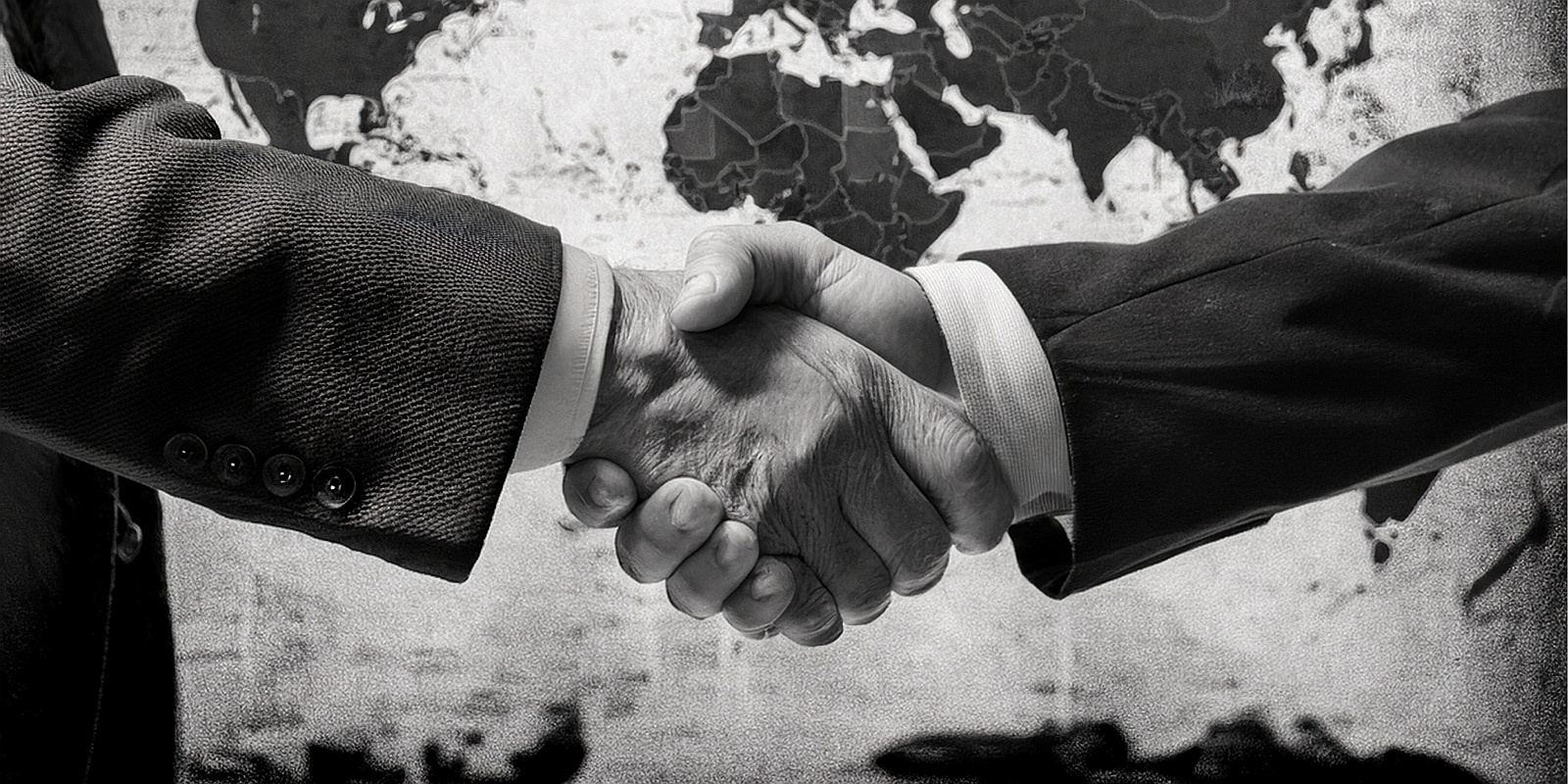PROGRAMMES
Yalta or Helsinki?
The final event of the Otto von Habsburg Foundation’s “80 Years of Peace, 35 Years of Democracy” programme series will take place on Monday, 12 May, at 14.00 in the Széchenyi Ceremonial Hall of the Ludovika University of Public Service.
RegistrationVenue
Budapest, Ludovika University of Public Service,
1083 Budapest, Ludovika square 2.
Date
Start
2025.05.12.Monday14:00
End
2025.05.12.Monday18:00

Yalta or Helsinki?
In the spring of 2025, the Otto von Habsburg Foundation, in collaboration with the John Lukacs Institute at the Ludovika University of Public Service, launched a series of events titled “80 Years of Peace, 35 Years of Democracy”. This initiative aims to analyse the political, economic, and social transformations of the second half of the 20th century, while also addressing the contemporary challenges and opportunities that shape the present and future of our region and the broader global landscape.
Within this framework, the conference “Yalta or Helsinki?” will examine two pivotal moments in the past century: the post-war settlement negotiations of early 1945 and the multilateral agreement on European security and cooperation concluded in the summer of 1975. While Yalta became a symbol of Europe’s division and the onset of Cold War politics, Helsinki offered – at least on a theoretical and conceptual level – an alternative approach, grounded in principles of dialogue, human rights, and collective security, even in a divided Europe.
Both Otto von Habsburg and John Lukacs were highly critical of the Yalta Conference, which they saw as a decisive moment that legitimised Moscow’s influence in Central and Eastern Europe, thereby enabling the Soviet exploitation of the region. Their reservations extended to the Helsinki process as well, which they feared might entrench rather than heal the division of Europe. In addition to providing reflections on these events, their insights into the post-1990 order also offer a valuable perspective for re-evaluating the lasting impact of these arrangements and their continued influence.
At a time when it has once again become clear that the “end of history” thesis has not materialised as expected, and as the global order faces profound new challenges, this event offers not only the opportunity to discuss the lessons of the Cold War but – beyond historical assessments – to examine current geopolitical dynamics and the broader questions of sovereignty, self-determination, and the enduring tension between Realpolitik and idealism.
Programme
14.00 – 14.15 | Registration
14.15 – 14.45 | Welcoming speeches
Gergely Deli, Rector, Ludovika University of Public Service
Tibor Navracsics, Minister of Public Administration and Regional Development
Gergely Prőhle, Director, Otto von Habsburg Foundation, Programme Director, John Lukacs Institute
Edwin J. Feulner, founder of The Heritage Foundation (written message)
14.45 – 15.45 | The Atlanticist approach
Richard Gamble, Professor, Hillsdale College
Géza Jeszenszky, Professor, former Minister of Foreign Affairs
Alvino-Mario Fantini, Editor-In-Chief, The European Conservative
Moderated by Gábor Csizmazia, assistant lecturer and research fellow, Ludovika University of Public Service
15.45 – 16.00 | Coffee break
16.00 – 16.15 | Otto von Habsburg’s opinion
On Yalta: Gergely Fejérdy, Deputy Director, Otto von Habsburg Foundation
On Helsinki: Bence Kocsev, Research Fellow, Otto von Habsburg Foundation
16.15 – 17.15 | The continental approach
Fritz Goergen, former Federal Executive, German Free Democratic Party (FDP)
Isabelle Davion, Professor, Sorbonne University
István Gyarmati, former Ambassador, security policy expert
Moderated by Péter Szatmári, Vice-Rector, Milton Friedman University
17.15 – 17:25 | Closing remarks
Márton Ugrósdy, Deputy State Secretary, Office of the Prime Minister’s Political Director
17.30 | Reception
The conference will be conducted in both Hungarian, English, and German with simultaneous interpretation provided.
We are looking forward to welcoming you!